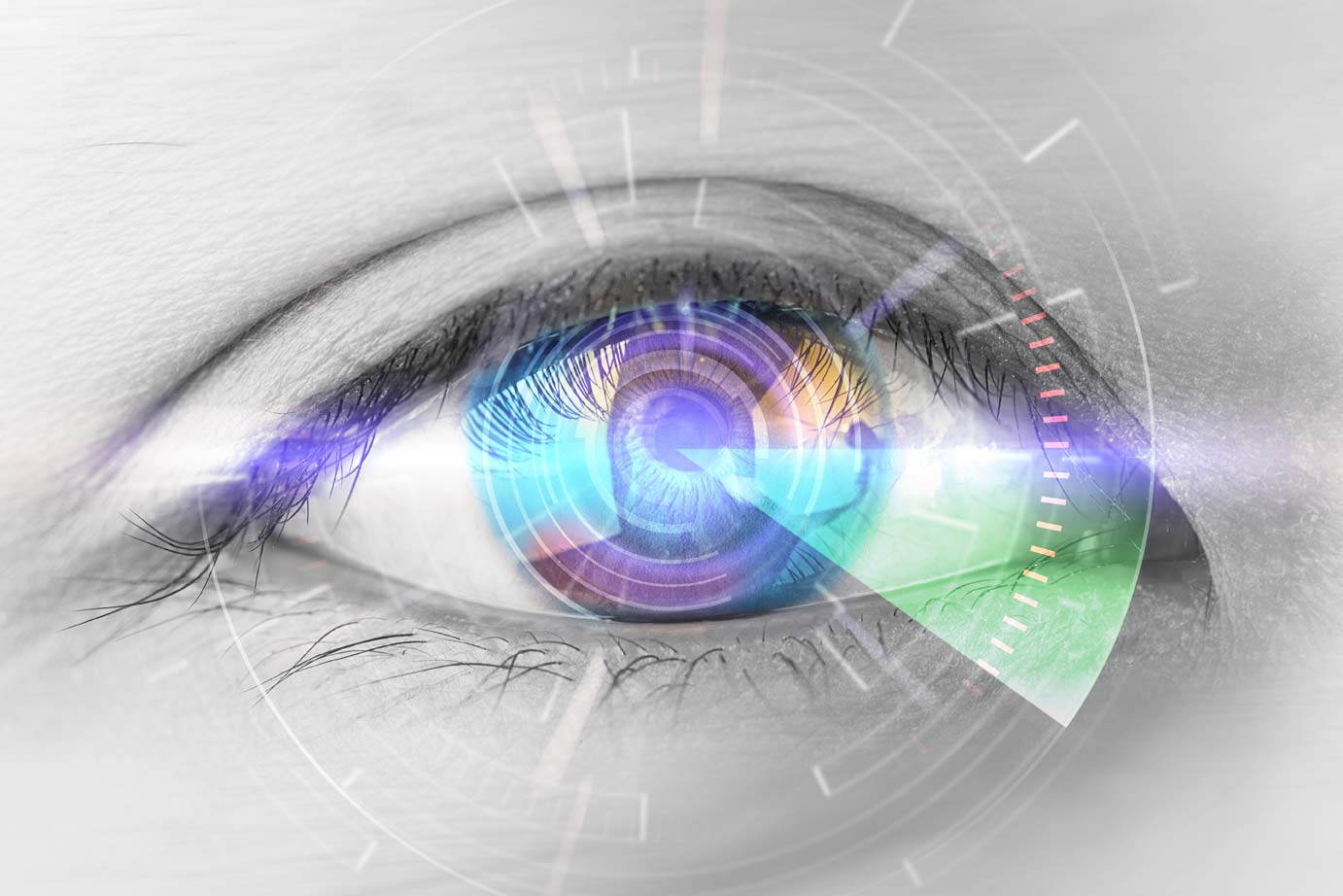Dr. Friedman's Office: (210) 222-2154
Contact Lens Care
Contact lenses are a daily routine for me, but (and I hate to say it) I started a long time ago. I see patients come in to the office with contact lens associated problems on a regular basis. These problems can range from simple irritation to full-blown corneal infections, and each of them can have serious consequences if not dealt with appropriately. The treatment for contact lens related complications are addressed in other posts/articles, but, “an ounce of prevention is worth a pound of cure.” (1) In this post, I want to talk about proper contact lens care in order to avoid these problems.
First things first, contact lenses are to be prescribed by an eye care provider. This means an ophthalmologist or optometrist must evaluate you and give you the proper contacts for your eyes. Contact lenses need to be “fit” correctly so that they are not too tight or too loose. They need to allow oxygen and tears to pass freely beneath the edges. This also means that you should not purchase contact lenses from a beautician, online, or at a gas station (yes, I have heard of people doing that . . . bad idea).
Contact lenses also require proper care. If they are not cleaned properly and disinfected, they can build up proteins and bacteria that can damage your cornea. Most contacts need to be cleaned daily and disinfected weekly. Whether you are wearing rigid gas permeable (RGP) or soft contact lenses, each contact lens has a specific type of solution to clean the contact lens material. Your eye doctor will tell you which type of solution to look for in the store to clean your type of contact lens.
Let’s start by putting your contacts into your eyes. Make sure you wash your hands thoroughly before you handle your contacts. You do not want any dirt from your hands to transfer to your eyes. Remove your lens from your contact lens case, and put the lens in the palm of your hand. Inspect the lens to make sure that there are no cracks, breaks, or foreign objects on the surface. Place a few drops of your contact lens solution in the “cup” of your contact and rub both surfaces between your fingers for 15-20 seconds. Next, rinse the contact with more contact lens solution. Finally, place the lens in your eye as demonstrated to you by your eye doctor. Wash your contact lens case with solution (NOT TAP WATER) and leave the case open to dry throughout the day. Never EVER sleep in your contact lenses, even if the contact lens advertises that it is a daily/weekly/monthly lens. This increases your risk of a serious corneal infection about 17 times as much as taking the lenses out daily.
When you are taking your lenses out for the evening, make sure you wash your hands before you handle the lenses. Remove the lens from the eye and follow the same cleaning process. Rub the lens with solution and then rinse before placing the lenses back in the case with a fresh amount of contact lens solution.
Some lenses require a weekly disinfection process. You will need to follow the instructions given to you by your eye doctor as this can involve storing the lenses with a dissolved tablet for 12 hours.
There are a few common sense practices to help with tolerating contact lenses. Change your lens as often as it indicates. You should not wear daily lenses for a week or weekly lenses for a month. This is because the contact lens material will start building up deposits over time. The daily lenses build up the fastest and need to be disposed up frequently to make sure these deposits don’t stay on your eye. Do you use your mouth to clean your lenses. Your spit is not sterile . . . despite what you may think. Do not use tap water or “homemade” contact lens solution. These are not sterile, and if a bacteria or amoeba gets close to your cornea from one of these sources, the vision loss might be permanent. Saline solution and “wetting drops” are also not a substitute for cleaning solution. Finally, change your contact lens case approximately every 90 days to make sure that the case itself stays relatively clean.
If you start to notice irritation or pain from wearing your contact lenses, you should take them out immediately and contact your eye doctor to make sure that you do not have an infection or eye surface irritation.
Contact lenses require a lot of care. It is easy to neglect these routines as they can become tedious and expensive. Trust me . . . I know, but I have been wearing contacts for many years now. They are a great means to see, but be sure you are taking good care of your eyes because you might lose the ability to use them in the future.
1-Benjamin Franklin
Duncan Friedman, M.D.
Ophthalmologist
San Antonio, Texas


